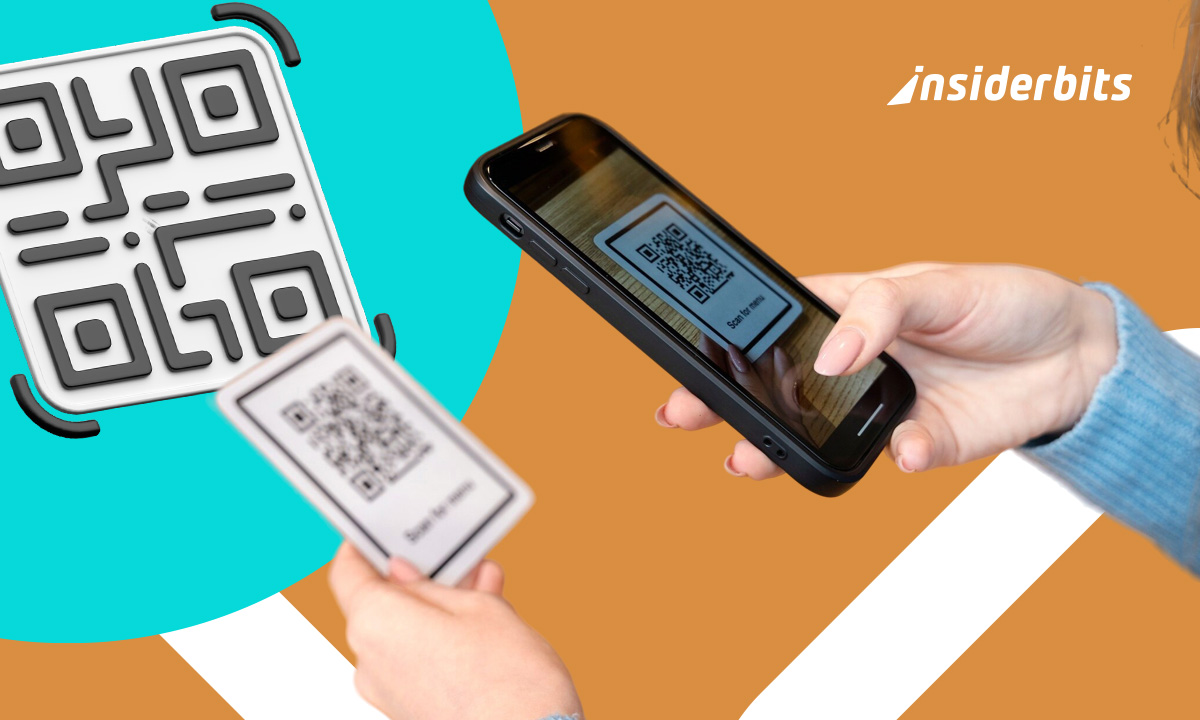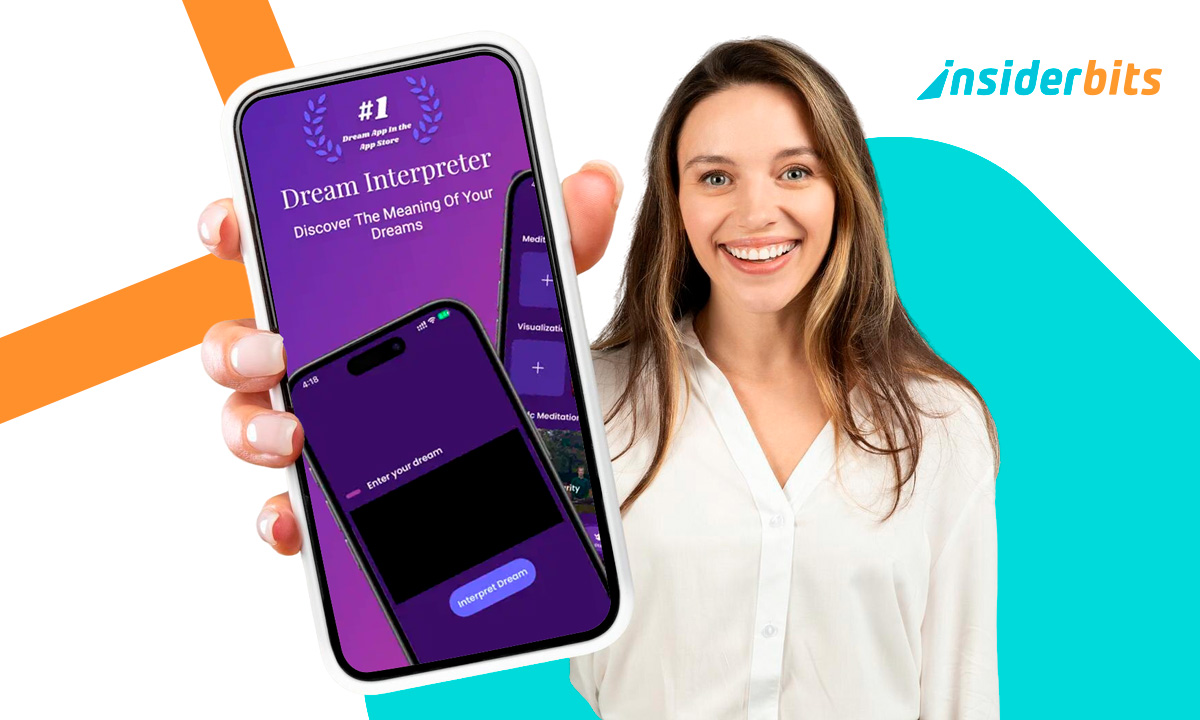Social media is evolving, and AI-generated influencers are at the forefront of this transformation. These digital personalities are powered by artificial intelligence collaborating with brands and creating content without human intervention.
Virtual influencers like Lil Miquela have already gained millions of followers, proving that AI-driven personas can attract real engagement.
As brands invest in AI-generated marketing, the question arises: will virtual influencers replace human creators?
The Rise of AI-Generated Influencers in 2025
AI-generated influencers are becoming a major force in digital marketing.
Unlike human influencers, they are always available, never age, and can be programmed to align with brand messaging perfectly.
Brands use AI influencers to promote several industry sectors, reaching global audiences without the unpredictability of human behavior. These digital personalities generate content consistently and ensure engagement without controversies or personal scandals.
Trend movements indicate that more companies will adopt AI-driven influencers for campaigns, signaling a new era in digital marketing where brands prioritize efficiency over traditional influencer partnerships.

How Virtual Influencers Are Changing Brand Marketing
The rise of AI-generated influencers has transformed how brands approach social media campaigns, with companies now designing digital personalities tailored to specific target audiences and creating a seamless brand alignment.
Virtual influencers can be customized to embody a brand’s image, making them more predictable and manageable than human creators. This level of control allows companies to craft highly curated marketing strategies with minimal risk.
With AI influencers gaining popularity, businesses are reevaluating the role of traditional influencers. While human authenticity remains valuable, AI-driven marketing offers more reliability and consistency.
AI vs. Human Influencers: Who Has More Impact?
Audiences often relate to human creators because of their experienced emotions and real-life connections.
AI influencers, however, excel at brand loyalty. They always align with brand values and can generate unlimited content, making them attractive to businesses but raising concerns about emotional engagement.
In the long run, brands may use a hybrid approach, combining human and AI influencers to maximize both relatability and efficiency in marketing campaigns.
Ethical Concerns Around AI-Generated Personalities
Despite their advantages, AI influencers raise ethical concerns. Transparency is a major issue, with questions such as: should audiences always be informed when interacting with an AI-generated persona?
Another concern is the impact on human influencers. As brands shift toward AI marketing, traditional creators may struggle to compete with digital personalities that require no payments or management.
Additionally, AI-generated influencers blur the lines between reality and fiction. The ability to manipulate digital personas raises questions about how authenticity and misinformation can affect consumer trust.
Future Predictions: The Next Evolution of AI in Social Media
As AI-generated influencers become more advanced, their role in social media may expand.
Future developments may introduce interactive AI influencers capable of real-time conversations and personalized audience engagement.
Brands may create AI influencers that evolve based on user interactions to make them feel more human-like. It’s predicted that AI personalities will integrate into virtual and augmented reality spaces, further blurring the lines between digital and physical interactions.
While AI influencers will never fully replace human creators, they are set to become a permanent fixture in digital marketing.
The challenge will be balancing automation with authenticity in an ever-changing social media landscape.
Can AI Influencers Build Genuine Connections With Audiences?
One of the biggest challenges for AI-generated influencers is emotional engagement. Unlike human creators, AI lacks real emotions and personal stories, key factors that drive audience loyalty.
While AI influencers can respond to comments and create personalized content, many consumers still prefer the relatability of human influencers.
Emotional storytelling and authenticity are difficult for AI to replicate convincingly.
As AI advances, future virtual influencers may incorporate adaptive learning to enhance audience interaction.
Famous AI-Generated Influencers Leading the Digital Scene
AI-generated influencers are collaborating with brands and amassing millions of followers.
These digital personalities are carefully designed to promote products and maintain a flawless online presence.
Lil Miquela
One of the first and most famous AI-generated influencers, Lil Miquela has millions of followers on Instagram.
She collaborates with major fashion brands and even engages in social activism. Despite being entirely virtual, her carefully crafted persona makes her feel real to many fans.
Shudu Gram
Marketed as the world’s first AI supermodel, Shudu Gram was created to represent diversity and elegance in high fashion. With her ultra-realistic appearance, she has been featured in luxury campaigns, showcasing how AI can seamlessly integrate into the fashion industry.
Imma
A virtual influencer from Japan, Imma is recognized for her edgy, streetwear-inspired style.
She interacts with audiences and attends virtual events. She also represents global brands, demonstrating how AI-generated influencers can adapt to different cultural aesthetics.
AI-Generated Influencers: The Future of Social Media – Conclusion
AI-generated influencers connect with audiences and offer a controlled and efficient alternative to human creators.
Their role in marketing might continue growing, but ethical concerns and audience perception remain key factors in their success.
The future of social media will likely feature a mix of both, ensuring that creativity and technology evolve together.
Correlato: Social Media Trends in 2025: What’s Next?
Are AI influencers the next big thing or just a passing trend? Stay tuned with Insiderbits for the latest insights on digital innovation!





